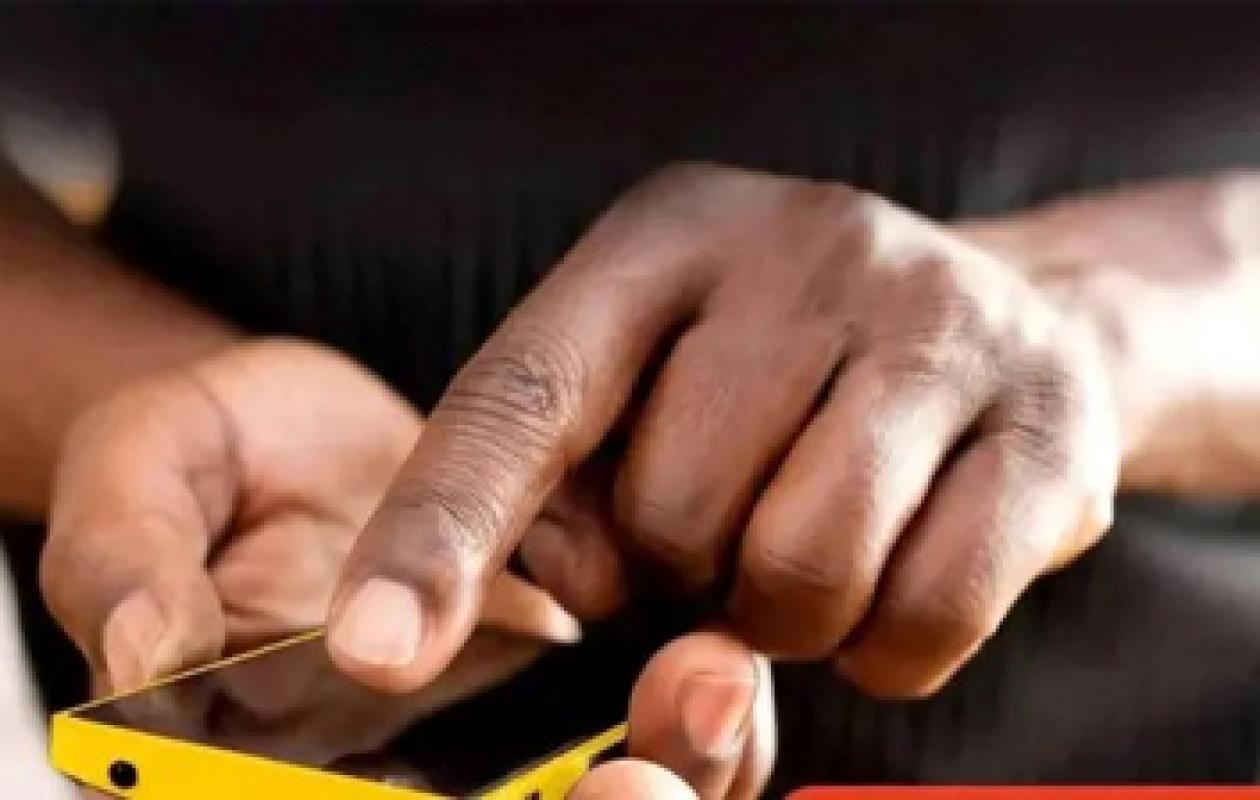
Taxe sur le mobile money : L’UNCS tire la sonnette d’alarme
On August 1, Prime Minister Ousmane Sonko unveiled an economic and social recovery plan (2025-2028) aimed at mobilizing 220 billion CFA francs to pull Senegal out of a critical financial crisis, marked by a budget deficit of 12.3% and a public debt approaching 99.67% of GDP, according to a report by the Court of Auditors published in February 2025. Among the key measures are a new tax on mobile money transactions—0.5% on all transactions and 0.1% applied directly to customers—as well as a tax on sports betting sites, as announced by Seneweb. In a country where more than 90% of adults use electronic wallets, this measure is causing serious concern. The National Union of Consumers of Senegal (UNCS) is speaking out, denouncing a reform that could compromise financial inclusion and increase the burden on low-income households. The experiences of other African countries call for caution in the face of such a tax policy.
An ambitious but controversial digital tax
During the presentation of the plan, Ousmane Sonko targeted the digital sector, which has been undertaxed until now, as a "niche" to replenish state coffers. "We have a huge number of niches, particularly in the digital sector. It's a booming sector, but it has so far been undertaxed or not taxed at all. These include online gambling, mobile money, merchant transfers, etc.", he said, according to Seneweb. This tax, adopted on July 30 by the Council of Ministers, also includes a 1.5% tax on merchant payments, aimed at generating revenue to reduce the budget deficit. However, the UNCS, in a contribution dated September 15, 2025, warns of the "social, economic, and financial challenges" of this measure, which risks slowing the momentum of digitalization and financial inclusion in Senegal.
Mobile money, a lever for financial inclusion
With 15,300 billion FCFA in transactions recorded in 2025, according to statistics from the BCEAO and the Ministry of Finance, mobile money (Orange Money, Wave, Free Money, etc.) has become an essential tool for Senegalese people, particularly in rural and peri-urban areas. "This introduction has considerably reduced the physical circulation of banknotes, limited the risks associated with the transport of cash, and promoted the gradual digitalization of the informal economy," notes the UNCS. In a country where the banking rate remains low (26%), more than 90% of adults use electronic wallets for payments, transfers, and local savings. Transfer fees, reduced to 1% (compared to 4% in 2018) thanks to the arrival of players like Wave, have allowed Senegalese people to save around 125 billion FCFA per year. As the DIGITAX BULLETIN points out: “Every mobile money transaction becomes an informal banking act, revealing a civic use of finance that eludes traditional channels.”
The Risks of Poorly Calibrated TaxationThe UNCS warns of the multiple negative impacts of the proposed tax. According to its analysis, this measure could:
. Increase transaction costs: The 0.5% tax on all transactions and 0.1% applied directly to customers will be added to the fees already imposed by operators, increasing the cost for users, particularly low-income households.
. Encourage a return to cash: "If fees become too high, consumers risk returning en masse to cash, annihilating the efforts made over the years to reduce cash handling with the risks of theft, loss and insecurity that this entails," warns the UNCS.
Penalize vulnerable households: Small transactions (2,000 to 10,000 CFA francs) sent by relatives, vital for low-income households, will be particularly affected. "Even low taxation can represent a disproportionate burden on these small amounts, reducing consumers' purchasing power," explains the UNCS.
. Create double taxation: With operator fees and the new state tax, consumers could perceive a “tax injustice,” especially since they already contribute through VAT and customs duties.
. Slowing down financial inclusion: "Senegal has made remarkable progress in financial inclusion thanks to mobile money. Taxing transactions risks slowing this momentum and once again excluding thousands of Senegalese from the formal system," emphasizes the UNCS.
Discourage digitalization: While the state promotes electronic payments for water, electricity or administrative fees, the tax could discourage users.
Reduce regional competitiveness: Some WAEMU countries subsidize mobile money to encourage its adoption, which could put Senegal behind.
. Increase distrust of tax policies: Consumers may perceive this measure as an “abuse” of an everyday tool.
UNCS Recommendations for Fair Taxation
Faced with these risks, the UNCS proposes alternatives to reconcile the fiscal needs of the State and consumer protection: Refuse to tax customers directly: The State could tax the net profits of operators, who make significant margins, rather than users.
Target large transfers: Limit the tax to transactions over 500,000 FCFA to spare small users.
Encourage competition: Strengthen interoperability and support new players to reduce transaction costs.
Create a support fund: Reinvest tax revenues in projects promoting financial inclusion, such as subsidizing transfer fees, training in digital finance or extending the network in rural areas.
Open an inclusive dialogue: Organize a consultation with consumer associations, operators and social partners to define a fair tax policy.
"Mobile money has become a basic necessity, just like water, electricity, or telephony. Applying a direct tax on customers penalizes the most vulnerable and jeopardizes important achievements in terms of economic modernization and financial inclusion," concludes Ibrahima Dramé, president of the UNCS.
Commentaires (4)
BNDE rék diam né nioy
Participer à la Discussion
Règles de la communauté :
💡 Astuce : Utilisez des emojis depuis votre téléphone ou le module emoji ci-dessous. Cliquez sur GIF pour ajouter un GIF animé. Collez un lien X/Twitter, TikTok ou Instagram pour l'afficher automatiquement.